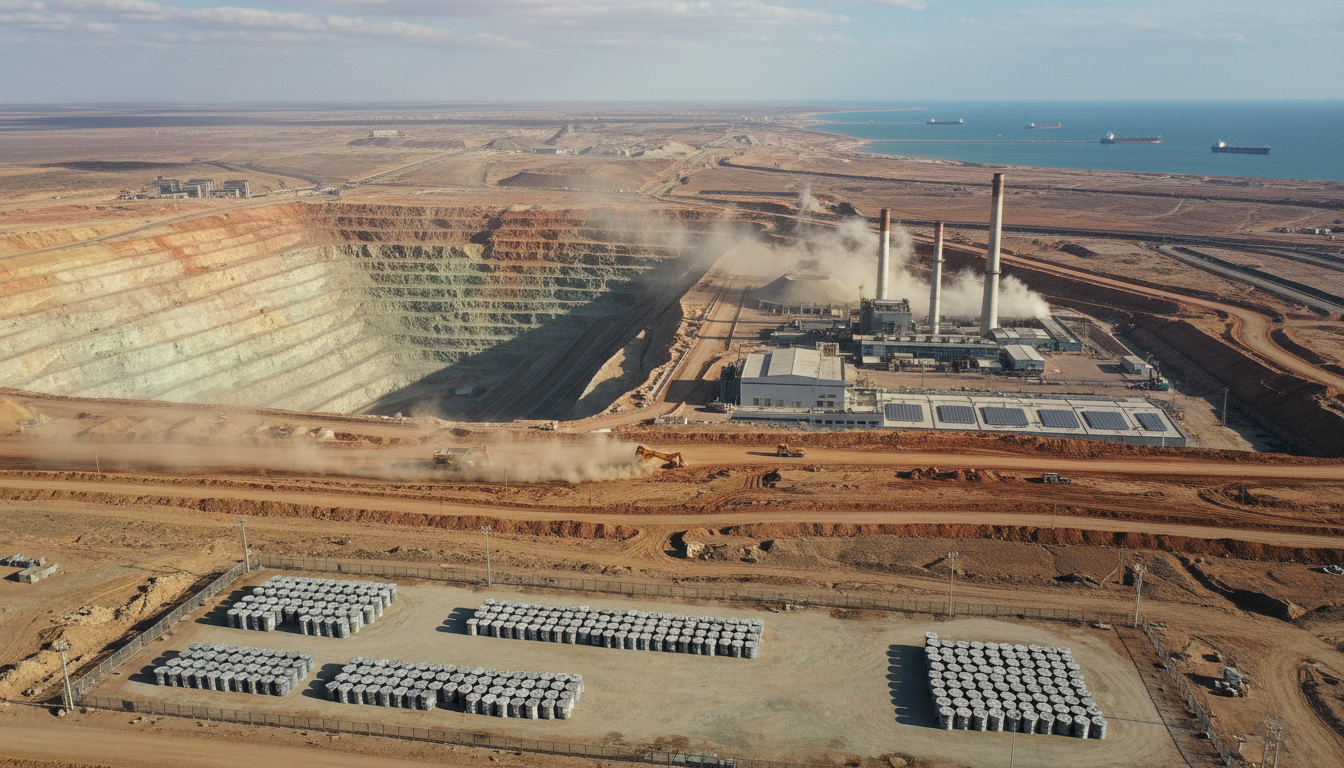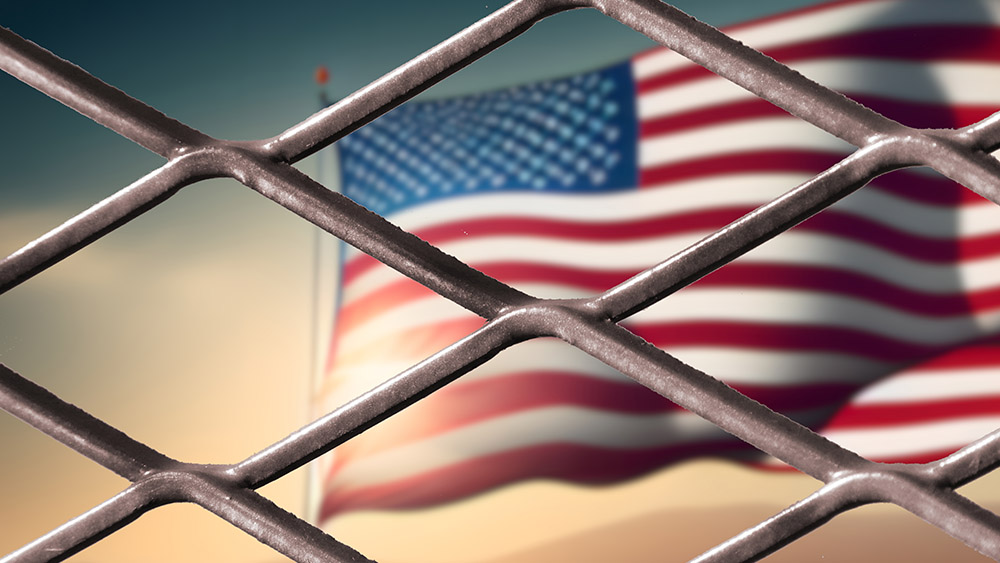 Parler
Parler Gab
Gab
- China is implementing a "validated end-user" (VEU) system, fast-tracking rare earth exports to civilian firms while blocking military-linked suppliers, undermining U.S. defense readiness without openly violating trade agreements.
- Controlling 70 percent of global mining and 90 percent of processing, Beijing leverages rare earth dominance to disrupt U.S. defense, aerospace and tech industries—critical for F-35 jets, drones, electric vehicles and wind turbines.
- Defense contractors and firms like Boeing and General Electric face severe supply chain bottlenecks, while opaque approval processes create uncertainty, mirroring past U.S. export revocations that unsettled China.
- Despite President Donald Trump's decoupling efforts, experts warn that achieving independence from China's rare earth supply within 12-24 months is unrealistic, requiring massive investment, workforce training and streamlined mining permits.
- Defense delays: U.S. aerospace and weapons manufacturers reliant on rare earth magnets face production bottlenecks.
- Dual-use dilemma: Companies like Boeing and General Electric, which serve both civilian and military markets, could be caught in the crossfire.
- Tech sector strain: EV and renewable energy projects dependent on Chinese rare earths may see cost spikes and shortages.
U.S. countermeasures
The Trump administration has scrambled to diversify supply chains, striking deals with Kazakhstan, Ukraine and Greenland. Treasury Secretary Scott Bessent claimed China's leverage would last "no more than 12 to 24 months." But experts are skeptical. David Merriman, research director at Project Blue, noted: "Twenty-four months for a full detachment from the supply of Chinese rare earths and magnet materials is ambitious. It would require vast amounts of finance, permitting and education of the workforce to accomplish." Meanwhile, China continues tightening its grip. Recent expansions of its Export Control Bureau signal long-term regulatory aggression, while Western firms—already struggling with 50 percent approval rates for European Union applications—brace for further disruptions.The bigger picture
China's rare earth strategy reveals a cold calculus:- Short-term: Maintain trade détente with civilian sectors to avoid economic blowback.
- Long-term: Strangle U.S. military modernization and force dependency.
- Accelerate ally-shoring with Australia, Japan and Canada for alternative rare earth refining.
- Streamline U.S. mining permits to revive domestic production.
- Enact stockpiling measures to hedge against future shortages.
By Lance D Johnson // Share
Epstein explicitly claimed Trump was aware of his illegal activities in newly released emails
By Jacob Thomas // Share
SNAP “reset”: USDA requires recipients to reapply for benefits
By Ava Grace // Share
EU demands accountability as Ukraine corruption scandal threatens aid
By Belle Carter // Share
A veil of secrecy: U.K. health agency withholds data amid excess death concerns
By Willow Tohi // Share
Governments continue to obscure COVID-19 vaccine data amid rising concerns over excess deaths
By patricklewis // Share
Tech giant Microsoft backs EXTINCTION with its support of carbon capture programs
By ramontomeydw // Share
Germany to resume arms exports to Israel despite repeated ceasefire violations
By isabelle // Share










